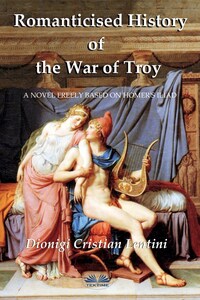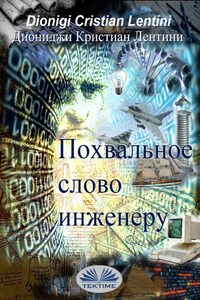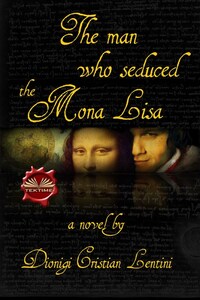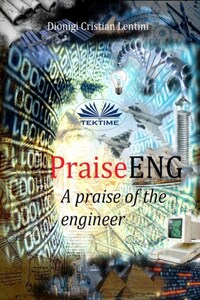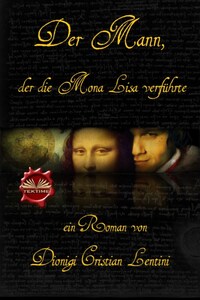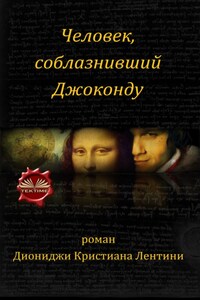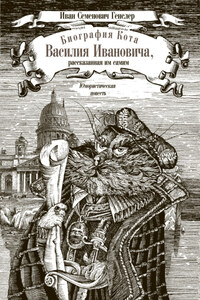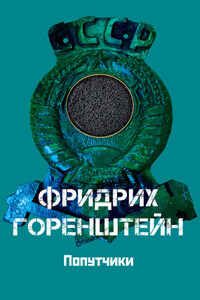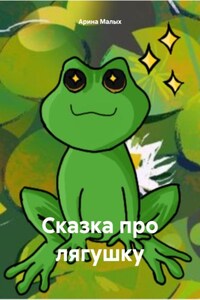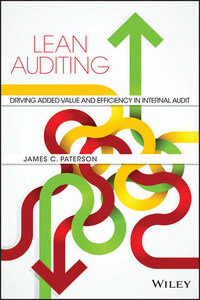In a book published two years ago, entitled Triangoli diaboliciindagine su un archetipo del male (Diabolic triangles Investigation of an archetype of evil) , among others, is written:
“Jealousy is an omnipresent sentiment. Moreover, it is one of the main declinations of the human soul, which and is substantially detached from historical and social conditions. ”1.
And the concept is better defined further on:
"In the myth .................., jealousy.2
Here we take this feeling for granted, always susceptible to alarming deviations, it represents the other face of love: both one and the other state of the soul, preeminently they move human actions and, within the myth, even the Gods themselves.
The war of Troy, with its enormous burden of pain and death, begins right from a love triangle whose sides are: Helen, "femme fatale" ante litteram of the Homeric legend; Paris, hero with a classic virile charm; Menelaus, pale ruler of Sparta, overwhelmed by the continuous confrontation with his valiant brother Agamemnon.
The meeting between these characters activates a destiny that is filled with pathos: Paris, son of King Priam is madly in love with Helen, and runs away with her; Menelaus, Helen's former husband, blinded by jealousy and lust for revenge, declares war on Troy, beginning a ruinous tragedy that will last ten years.
Around this central nucleus, infinite events are linked to each other by the invisible Fate who comes to life, now tangling now dissolving: unfathomable and mysterious, a true deus ex machina of Greek mythology, Fate exceeds, with its absolute determinism, even the will of the gods.
Like the Iliad, to which Cristian's writing refers, as with all the myths of antiquity, far from simply proposing an invented story, he has fulfilled the same function that today is assumed by psychoanalysis. Dense with symbolism, in fact, the myth dug deep into the human soul triggering them to become aware of their hidden drives and freeing them from the slavery of the unknown.
The love triangle therefore comprises the underlying dynamic – he-she-the other – on which infinite variations are implanted, according to a space-time scenario that never repeats itself in its fundamental instances. And this happens as much in real life as in artistic re-enactments, especially in theater, cinema and literature.
The story of Helen, Paris and Menelaus therefore represents "an archetype", a primary model that recurs in the complex logic of human feelings. To the point of being considered the archetype of absolute evil.
It is not strange then if the Homeric plot, despite the passage of entire centuries, each time returns to enthrall and involve.
A few weeks ago, all of a sudden, this very fluid and captivating piece by Cristian urged me to turn my mind to the lost pleasure of "listening to stories", that ancestral childish disposition of following mythical stories, from the fantastic narration of grandparents, to the compelling plots of fairy tales and legends.
I began to read and continued until the end, without taking a breath, often pausing on the pages because, continuously, names and situations were linked to innumerable details that had been long submerged in my crowded memory. The tightened synapses regained their height leading me to readings that seemed to have been forgotten.
So I returned joyfully to my years in high school, when, among students, they joked mocking the intricate and improbable events of this noisy acolyte, made up of characters and divinities who, between malice and passions, often touched the fascination of madness.
Yet, imprisoned in spite of ourselves between books and old benches, we would never have admitted then that, after all, those events had won us over. It might happen that, at the end of the lesson, an intense curiosity remained to know the implications of that story that we dealt with solely as a scholastic duty.
Those who claim the Homeric poem is nothing more than the harmonious and poetic result of a tradition handed down orally are right: the conflicts and situations reported in it adhere too closely to earthly existence.
With this fictionalized version of the Trojan epic, it seems that Cristian proposes winking, between the inviting and the amused. A sort of game … almost a bet.
He seems to already know that the readers will remain, despite themselves, caught up in the plot and that, like children placed before a fairy tale, at the end of each chapter they will ask with irrepressible curiosity:
“And then?”
Consiglia Mosca
Mottola, 10 June 2009
